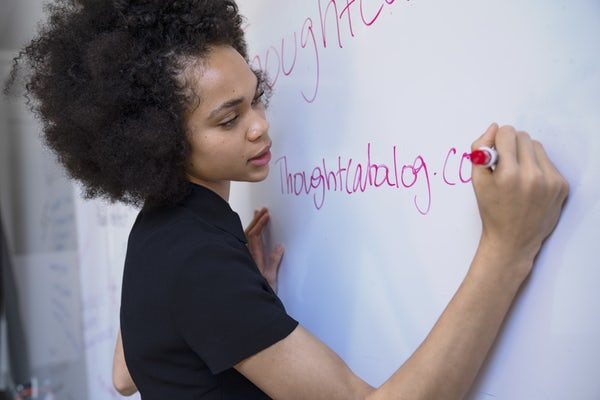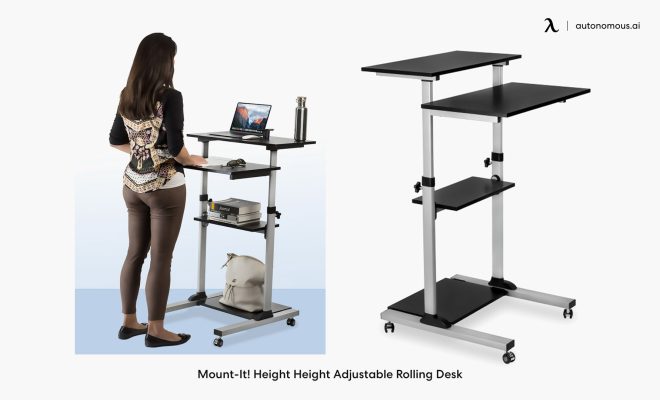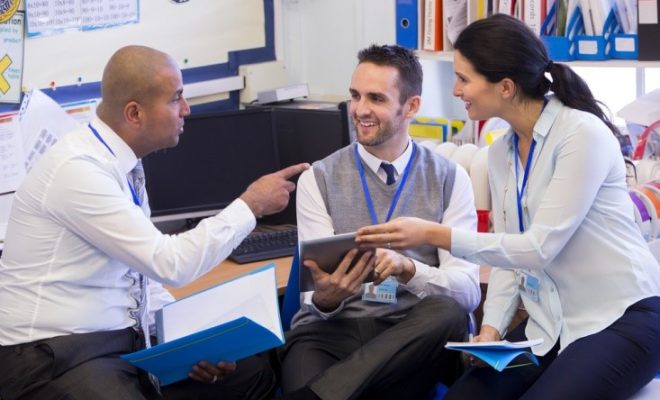Choosing the Right Adaptive Learning Technology

An Adaptive Learning Program (ALP) is a computer-based educational system that allows teachers to modify the way they present materials based on the performance of individual students.
The history of ALPs is rooted in 1950s cognitive psychology and the 1970s artificial intelligence movement. A proven teaching method, ALPs are now used in varied environments to train and teach more effectively. For example, NASA uses ALPs for safety models and simulation training. They’ve also been used by the U.S. military, including the 2015 Army Learning Concept that educated and trained soldiers for asymmetric engagement. But ALP’s most significant potential to help the most people is likely in the educational field.
The U.S. Department of Education encourages the use of technology, as it allows teaching and assessments to occur simultaneously. ALPs are closely tied to the early learning reform initiative known as Race to the Top and align with Common Core State Standards. They teach modern skills and increase U.S. students’ competitive advantages.
One key benefit of ALPs is their ability to personalize learning. Advances in ALPs’ effective feedback loops allow for successful use in blended learning environments. Students are able to track their own learning, which helps them develop self-monitoring skills and fully engage in their learning progress. The same feedback that improves student success also benefits teachers, who can view current data to more fully understand students’ performances. This helps them identify students who may not be making adequate progress or who are at risk for poor outcomes. With full understanding, teachers can respond appropriately to each student.
Some ALPs deliver content at varying speeds but don’t allow teachers to tailor learning or to provide seamless assessments. When considering different ALP options, keep these tips in mind:
• An ALP should allow teachers to change curriculum sequencing to optimize each student’s learning experience.
• A student should be allowed to progress only after demonstrating mastery of current material.
• ALPs should set students’ starting points based on their prior knowledge, and help them progress. This prevents struggling students from becoming frustrated, and gifted students from becoming bored.
• Students use technology in every aspect of life. Games have become an important way to engage students in learning. An ALP that resembles a strategy game will help students to see learning as fun.
• Instead of telling students what to do next, an ALP should emulate a live tutor and prompt students to rethink ineffective strategies.
• ALPs should customize lesson presentation to suit each student’s individual needs. Constant analysis of a student’s responses to problems allows teachers to present new material in a way that suits the specific student’s needs.
Intelligent ALPs provide the appropriate next lesson at the proper difficulty level at just the right time. When work is too easy, students work on their own with no help, no real learning takes place, and students lose interest. And when work is too hard, students become frustrated and give up.
True learning takes place when students need some help, or must work hard to complete a task or understand a concept. Keeping challenges appropriate guides a student to be a mathematical “doer”—somebody who strategizes and thinks in ways that can be applied both in school and in real life. This is optimal both for teaching and for learning.






